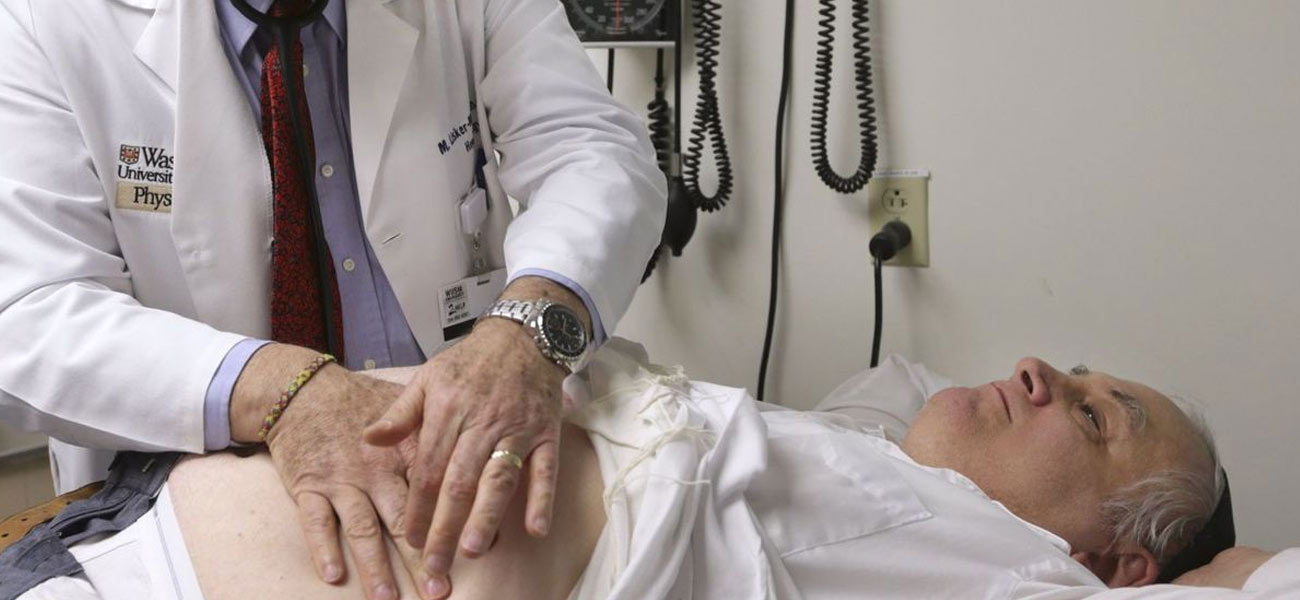
The phrases of Alcohol Misuse and Alcohol Abuse are not the subjects of a precise definition. Most people usually choose using the phrase “Alcohol Misuse” because it seems less negative and judgmental. It is easier to define Alcohol misuse as the use of alcohol in an excessive way, either occasionally or regularly. Heavy alcohol misuse may cause physical damage, coma and death.

High concentration of alcohol in the blood could cause symptoms, including:
The effects of Alcoholism could happen to anyone these effects include illness, vomiting, or hangovers.
Drinking alcohol can result in:
The symptoms of alcoholism include:
The symptoms of alcohol misuse could be as follows:
Those misusing alcohol who abuse may deny the problem. However, there are some ways to identify alcohol misuse in others. People who abuse alcohol might drink constantly. They usually have family, work, or school problems as the result of drinking. However, they may downplay their drinking or lie about the amount of alcohol they consume.

There is no test that could definitively show whether one has an alcohol-use disorder. Screening tools, such as online or other examinations might help to identify those who are in danger for having a drinking problem. So, medical practitioners diagnose alcohol abuse or dependence on alcohol through collecting complete medical, family, and mental-health data. The practitioner might also perform a physical test or request the individual's GP to perform one. The medical test typically consist of lab tests to assess the individual’s general health status and explore whether or not the individual has a disorder that could have mental-health symptoms.
When asking about mental-health symptoms, the practitioner are often exploring if the person has alcohol or other drug abuse or dependence disorders, or depression and overexcitement symptoms, nervousness, illusions, or interactive disorders. Physicians might provide the individuals they assess with a quiz or self-inventory as a screening tool for substance-use conditions. Since some of the signs and symptoms of alcohol misuse can also happen in some other mental diseases, the mental-health screening is performed to determine if the person suffers from a mood disorder, anxiety disorder, schizophrenia and some other psychotic conditions, or character or behavioral disorders like attention deficit hyperactivity disorder (ADHD)

The main goal of treatment for alcoholism is quitting, however, some of the people might be able to cut down the consumption effectively. Those alcoholics with good health, social support, and motivation, are more luckily to recover. Until one year after treatment, about one-third of patients indicate no sign of relapse or symptoms. Many others report less social and health problems associated with alcohol by cutting down alcohol consumption. Lack of social support, motivation, and the existence of psychiatric disorders are some of the most important risk factors for relapsing. For those patients with high-risk, success is assessed by longer periods of abstinence, reduction in use of alcohol, improved health condition, and better social functioning.
Treatment include three phases:
2. Rehabilitation: This is a combination of performing consolation and giving medications in order to the recover the alcoholic person and provide him with the skills needed for preserving abstinence. This could be done either inside or outside of the hospital. Of course, based on the support system and the atmosphere, both of the consolation and medication could be effective.
3. Sobriety maintenance: in order to have successful maintenance, the alcoholic should to be self-disciplined. The key to success in this regard is support, which usually consist of regular Alcoholics Anonymous (AA) meetings and receiving a backer.
Since detox does not prevent the person from craving for alcohol, usually maintaining the recovery is difficult. For those in a primary stage of alcoholism, stopping the consumption could lead to some of withdrawal symptoms, such as nervousness and poor sleep quality. Withdrawal after a long-term use might bring with itself side effects including uncontrollable shaking, spasms, panic, and hallucinations of DTs. The mortality rate among people with DTs is more than 10%, therefore it should be treated professionally. Detoxification in late-stage of alcoholism must be carried out under the care of an experienced doctor. It may need a brief hospitalization of the patient.
Detoxification could involve one or more medicines. The main treatment could include benzodiazepines, anti-anxiety drugs used to treat withdrawal symptoms like anxiety and insomnia and to prevent seizures and delirium. These are some of the most common medications used during the detox phase, at this time they are gradually cut down and then withdrawn. Since they might be addictive, they must be used with care and under supervision of the physition.
Those misuse alcohol are in danger of health problems, including:
Even those completed treatment are at the risk of relapse. If you are concerned with relapse, it is essential to identify signs and seek help and support. Sustained therapeutic actions as well as proper support could help minimizing this risk.
Submit Comment